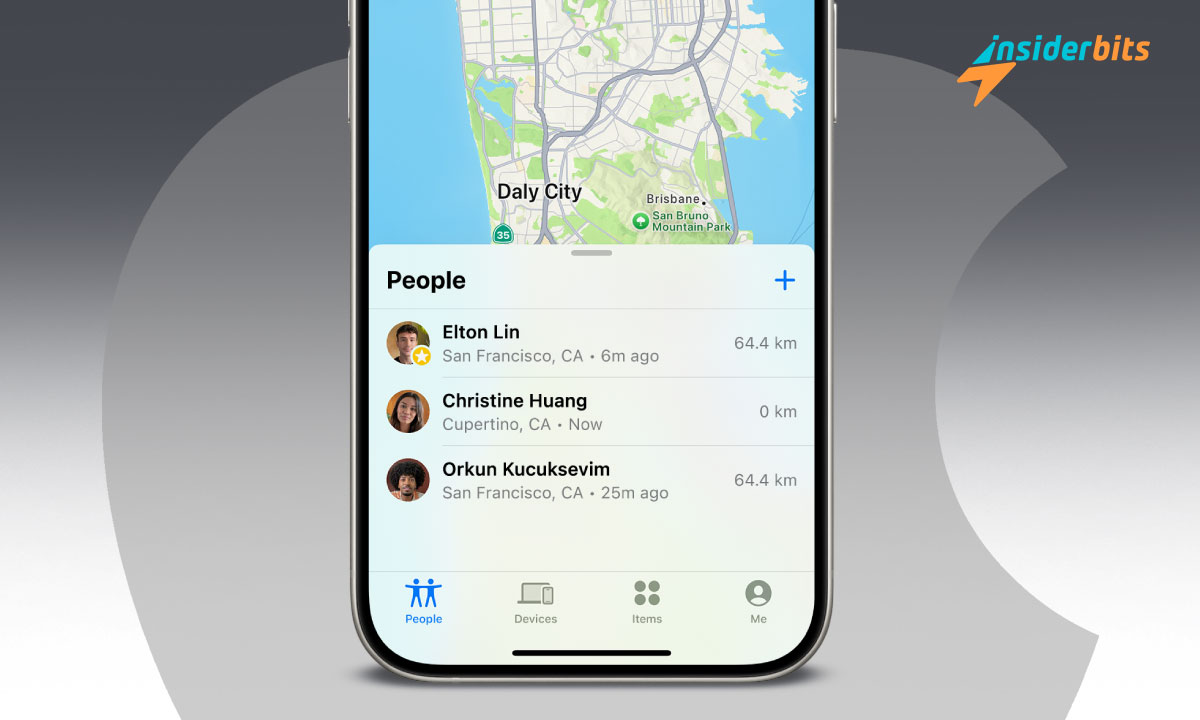The state of Texas, with its expansive roadways and vibrant automotive culture, necessitates a comprehensive understanding of Texas License Plate lookups for vehicle data to facilitate informed decision-making.
Whether you are a seasoned car enthusiast, a car dealer, or simply a concerned citizen, the ability to access detailed information regarding a vehicle’s history can prove invaluable.
This article will delve into the intricacies of Texas license plate lookups, exploring the legal framework governing such practices, the wealth of data available through these services, and the practical applications of this powerful tool.
Legal Framework for License Plate Lookups in Texas
In Texas, license plate lookups are regulated by state laws and the Driver’s Privacy Protection Act (DPPA). The DPPA prohibits the disclosure of personal information, such as the vehicle owner’s name and address, through license plate lookup tools.
However, license plate lookup services in Texas can provide access to publicly available vehicle information, such as the make, model, year, and registration status of a vehicle. This data is obtained from various databases and public records
It is important to note that while license plate lookup services are legal in Texas, the usage of the obtained information may be subject to certain legal restrictions. Users must comply with applicable laws and regulations governing the use of license plate data.
Access to sensitive or protected information is typically limited to authorized entities like law enforcement agencies. License plate lookup services aim to operate within the legal framework and provide information that is publicly accessible.
In summary, conducting license plate lookups is legal in Texas, but users must be aware of the legal restrictions and ensure they are using the obtained information for authorized purposes in compliance with state and federal laws.
Car Data – Texas’s Guidelines:
Here are the guidelines for accessing car history in the state of Texas:
- Utilize the Texas DMV Website: Start by visiting the Texas Department of Motor Vehicles (TxDMV) website to access publicly available vehicle registration information. This includes details like the vehicle’s make, model, year, and registration status.
- Obtain a License Plate Lookup: Use a license plate lookup service to access more comprehensive vehicle data. These services can provide additional information such as title history, theft records, odometer readings, and damage history.
- Understand the Legal Framework: Familiarize yourself with the legal framework governing car data access in Texas. Ensure compliance with regulations like the Driver’s Privacy Protection Act (DPPA) to protect personal information and adhere to state laws regarding data access
- Request Crash Reports: If you need access to crash reports, you can submit a request to the Texas Department of Transportation (TxDOT). Crash data is available for the previous 10 full calendar years plus the current year.
- Verify Data Accuracy: When accessing car data, verify the accuracy of the information obtained. Cross-reference details from multiple sources to ensure reliability and make informed decisions based on the data retrieved.
Utilizing the Texas DMV for Car History Lookups
The Texas DMV is a valuable resource for individuals looking to conduct thorough car history checks through license plate lookups. By using the extensive vehicle records maintained by the Texas DMV, you can access critical information about a car’s title history, registration status, and ownership details.
To effectively utilize the Texas DMV for car history checks, consider the following:
- Submitting a “Request for Texas Motor Vehicle Information” form (VTR-275) by mail or in person at a regional service center.
- Provide a copy of your government-issued photo ID and any required documentation for your specific request.
- Paying the applicable fee, which varies depending on the type of information you are requesting.
You can use these other tools to help you to find vehicle details by license plate inTexas:
SearchQuarry:
- をご覧ください。 SearchQuarry website for a free Texas License Plate Lookup.
- Enter the full license plate number into the search fields.
- Verify and select a valid reason for the search as per the conditions.
- View the results which may include vehicle owner information, vehicle history, specs, and more.
FindByPlate:
- Open a web browser and go to the FindByPlate ウェブサイトをご覧ください。
- Enter the license plate number and select Texas as the state.
- View the report that provides information related to the license plate.
FAXVIN:
- Access the FAXVIN website for a Texas License Plate Lookup.
- Use the license plate search form to enter the plate number.
- The search will take approximately 2 to 3 minutes, and the results will be displayed on your device.
- Obtain information such as property records, accident history, odometer readings, theft reports, and more.
LookupAplate:
- をご覧ください。 LookupAplate website for a free Texas License Plate Lookup.
- Utilize the free search option to access records on vehicle specs, recall history, service history, and sale history.
- Report concerning behavior on the road using the community platform.
- Request a comprehensive report from one of their data vendors for more detailed information.
Texas License Plate Lookup: Understanding Vehicle Data – Conclusion
In summary, navigating the landscape of car history access in Texas requires a blend of utilizing official channels like the TxDMV, leveraging license plate lookup services for comprehensive information, and ensuring compliance with legal frameworks such as the DPPA.
As technology advances and data accessibility evolves, understanding the nuances of accessing car data becomes increasingly important.
By verifying data accuracy and staying informed about legal regulations, individuals can harness the power of car data access in Texas to enhance their vehicle-related endeavors and safeguard against potential pitfalls.
この記事が気に入りましたか?インサイダー・ビッツ・ブログをお気に入りに追加して、テクノロジーやその他多くの新しくエキサイティングな情報を知りたいときにいつでもアクセスしてください!





